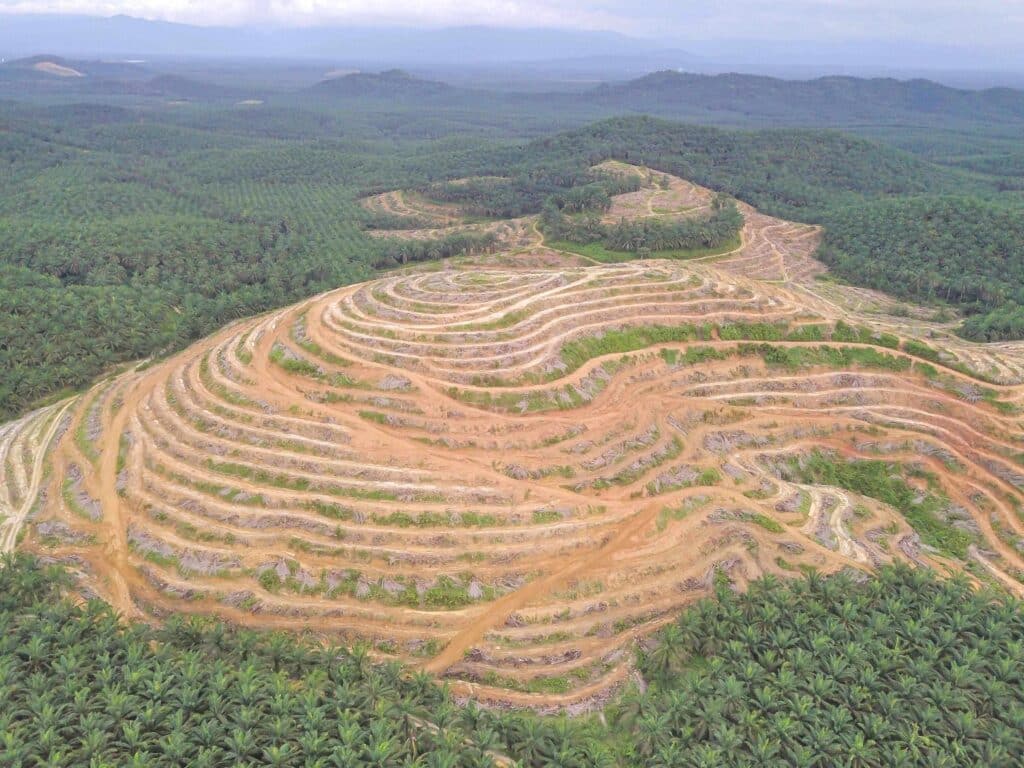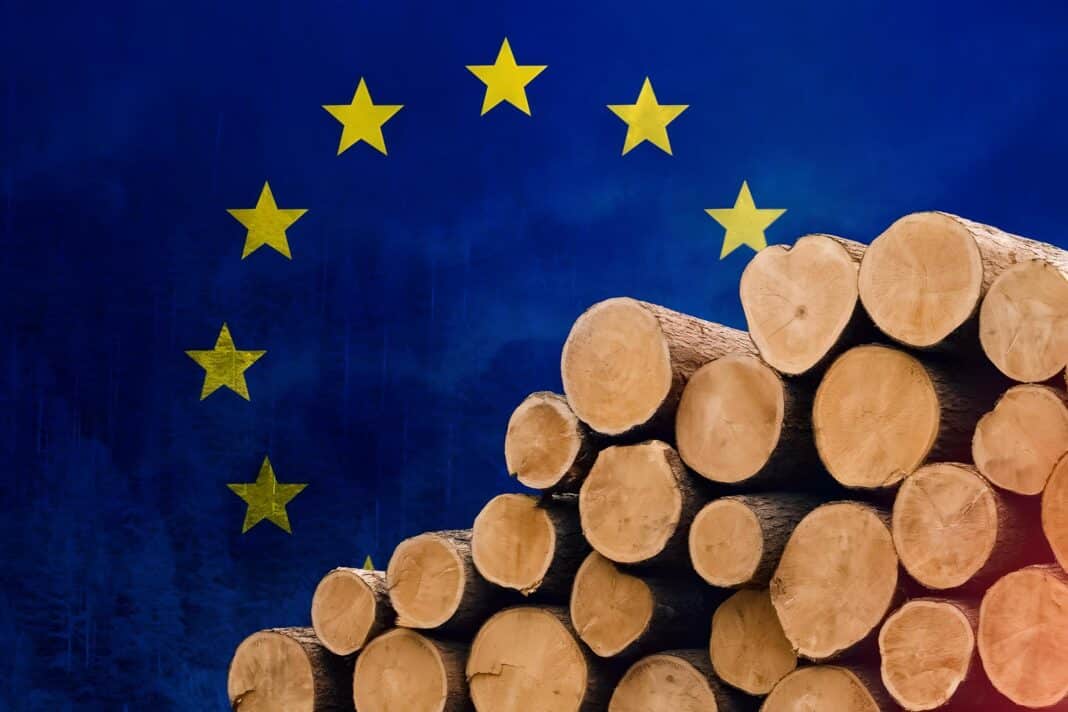The European Union’s signature EUDR—slated to come into effect in December—is under siege, with twenty (out of 27) European Agricultural Ministers calling for it to be slowed down or watered down amid concerns over global supply chains, according to a new report in the Jakarta Post.
Now, Indonesia, Malaysia, and the United States – the world’s largest producer of forest products – are tightening the screws on EU policymakers, claiming that the new legislation will lead to a surge in prices for forest-based products.
According to Airlangga Hartarto, an Indonesian diplomat close to the joint Indonesia-Malaysia Taskforce for EUDR, the United States is just one of a raft of countries now fighting against the regulation.
Yesterday, he said, “Both Republicans and Democrats (in the United States) are starting to question EUDR,” with “like-minded countries inspired by what Indonesia and Malaysia are doing (in opposing EUDR).”

In September, Indonesia and Malaysia, responsible for 85% of the world’s Palm Oil production, raised “multiple concerns” with the new legislation in an open letter to the European Commission.
The letter alleged that “the legislation disregarded local circumstances and capabilities, national legislation and certification mechanisms of developing producer countries, (as well as) their efforts to fight deforestation and multilateral commitments, including the principle of common but differentiated principles.”
Last month, Wood Central reported that 27 US senators – from states responsible for producing pulp, paper and lumber told US Trade Representative Katherine Tai that compliance with the standards would be “nearly impossible.”
Independent Senator Angus King, Republican Senator Marsha Blackburn, and 25 Republican and Democratic senators sent a letter to Ms Tai claiming that the EUDR’s traceability rules will be “nearly impossible for a significant segment of the US paper and pulp industry to comply with.”

EU policymakers connected to the legislation have already flagged that key parts of the EUDR could be weakened—including the controversial traffic-light system, where countries are classified as low, medium, and high-risk countries. “We will simply not classify, which means everything will be a medium risk,” an EU official who spoke to media last month said, adding that “we need more time to get the system into place.”
“We have had a lot of complaints from partners,” the official said, and with the delay, “no country will have an advantage over the other.”
Beyond the US, Indonesia, Malaysia, India, and Brazil have also expressed concerns with the “burdensome and unfair” regulations. Last year, Brazil led the “United for Our Forests” coalition at COP28, pushing back against wealthy countries “projecting green standards” onto the Global South.
How the EUDR will work
- The regulation will assign a low, standard, or high-risk level associated with deforestation and forest degradation to regions within countries inside and outside the EU.
- This risk classification will guide the obligations of various operators and the authorities in member states to perform inspections and controls. Consequently, this will streamline monitoring for high-risk regions and simplify due diligence processes for low-risk regions.
- Authorities responsible for these areas must inspect 9% of operators and traders dealing with products from high-risk regions, 3% from standard-risk areas, and 1% from low-risk regions. This inspection aims to confirm whether they are effectively meeting the obligations stipulated by the regulation.
- Further, these competent authorities will inspect 9% of relevant goods and products either placed on their market, made available, or exported by high-risk regions.
- Lastly, the EU plans to enhance its cooperation with partner countries, focusing primarily on high-risk areas.
For more information, visit Wood Central’s special feature on EUDR and its implications for the global supply chain of forest products from July 2023.







